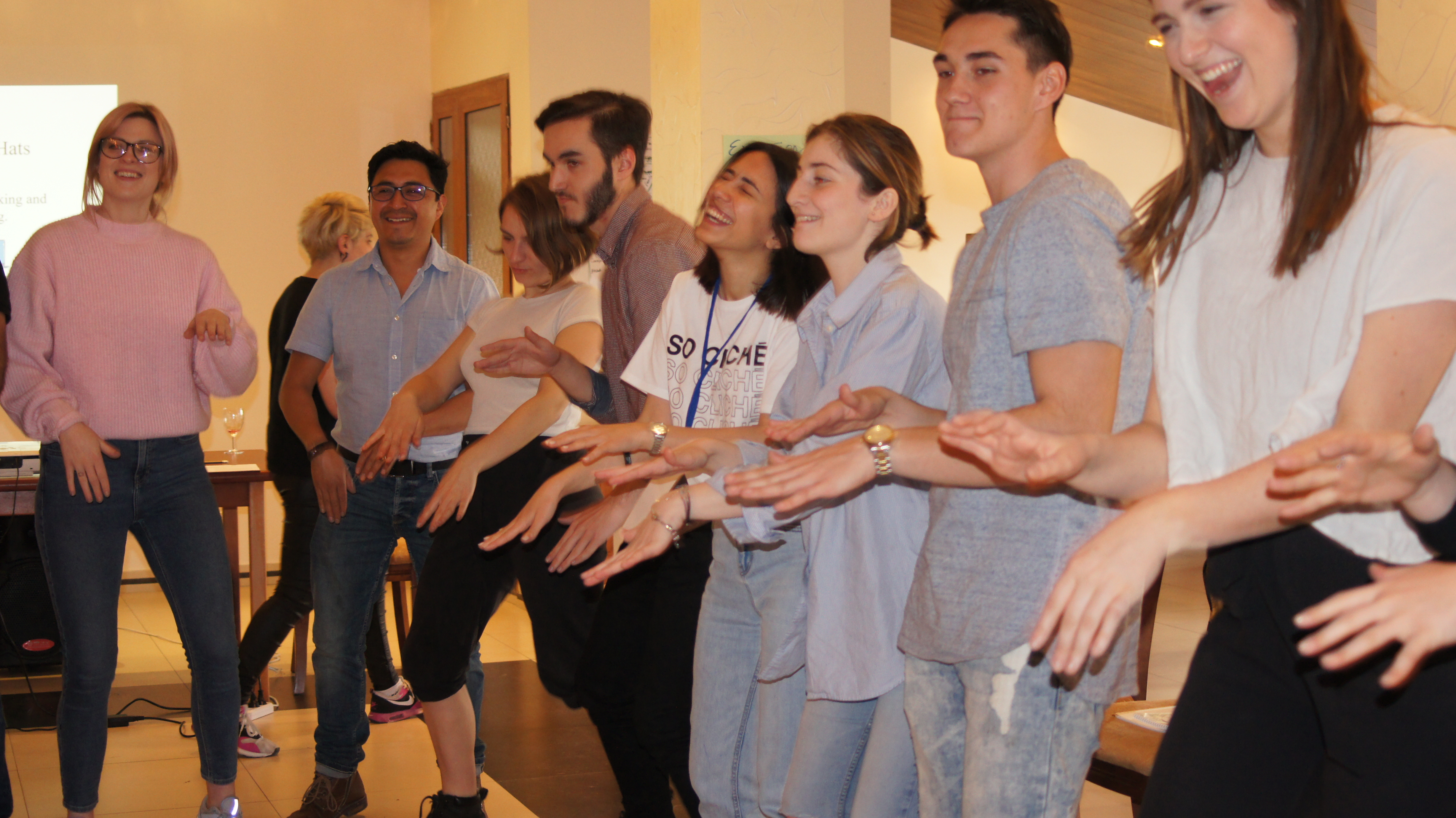
Everyone Matters! Training Course on Diversity Management and Youth Inclusion
- Posted In :
- 0 : comment
Quite frequently young people in rural communities are deprived of their right to participate in the decision making processes concerning different issues of their local communities, environmental or educational problems and so on. This phenomenon has always existed in many countries, particularly in Eastern Partnership countries, because of social discrimination, unawareness, unfairness etc.
 Inspired by the vision of creating a united society of young people, who celebrate and foster cultural and social diversity both on professional and personal levels, who are ready to develop the inclusion of rural and unprivileged young people in various types of social activities, we designed and implemented the training course “Everyone Matters!”. The training course gathered 35 young workers from 7 different countries to improve their skills of integrating young people from deprived urban areas into social activities and help them grow to be active citizens of their countries.
Inspired by the vision of creating a united society of young people, who celebrate and foster cultural and social diversity both on professional and personal levels, who are ready to develop the inclusion of rural and unprivileged young people in various types of social activities, we designed and implemented the training course “Everyone Matters!”. The training course gathered 35 young workers from 7 different countries to improve their skills of integrating young people from deprived urban areas into social activities and help them grow to be active citizens of their countries.
Throughout the training course the participants took part in different discussions on the following topics: Equality vs Equity, Diversity & Communication, Power and Privilege and so on. After being presented to several topics, our youth workers designed and conducted their own workshops, through which they practiced their newly acquired skills and knowledge.

In addition to the educational part, the training courses organized by Armenian Progressive Youth NGO also give the chance to discover the culture and history of Armenia. Hence, the participants also had the opportunity to visit some cultural and historical sights. The tour began with a visit to the Blue Mosque, located in Yerevan, Armenia. Afterwards, they headed towards the Temple of Garni, the best-known structure and symbol of pre-Christian Armenia. In the end, they visited the Geghard Monastery, which was carved out of cliffs. An inseparable part of Armenian culture is of course Armenian cuisine: during the trip, the participants got to taste the famous Armenian barbecue (or “khorovats”), baked and tried authentic Armenian bread, called “lavash”, they also made and tasted chuchkhela (or “sujukh” as the Armenians call it).
The participants were very impressed by the activities of the training course considering it to be a great experience, that will help them to pass their knowledge on to their friends, colleagues and other members of the organizations that they present.

Apy
August 8th, 2018 View Profile